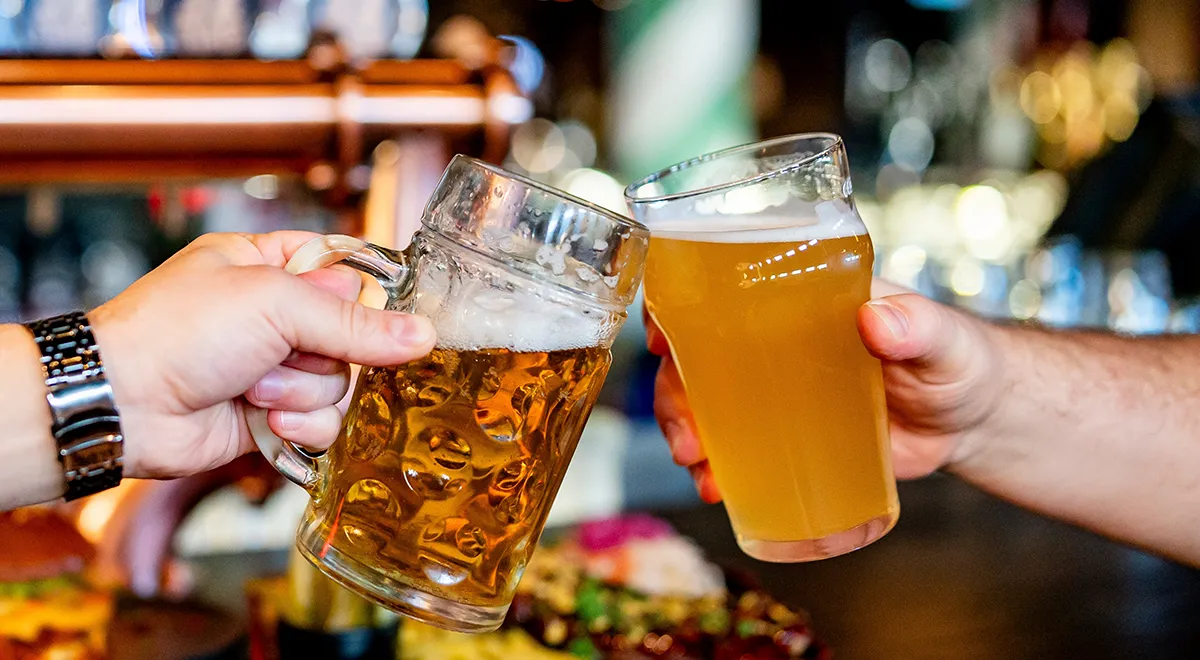Understanding Pasteurized and Unpasteurized Beer

Beer is a beloved beverage enjoyed worldwide, but many drinkers may not fully understand the differences between pasteurized and unpasteurized versions. Pasteurization is a process named after Louis Pasteur, developed to eliminate harmful bacteria and extend the shelf life of beverages. This process involves heating the beer to a specific temperature for a set duration before cooling it down. It enhances the drink's stability and allows it to maintain its flavor longer. On the other hand, unpasteurized beer, or 'live' beer, retains its natural yeast and bacteria, giving it a fresher, more complex taste. While pasteurized beer is generally more widely available and has a longer shelf life, many beer enthusiasts prefer unpasteurized options for their vibrant flavors and aromas. This guide will explore the nuances of both types of beer, how they are processed, and tips for selecting the right one for your palate.










